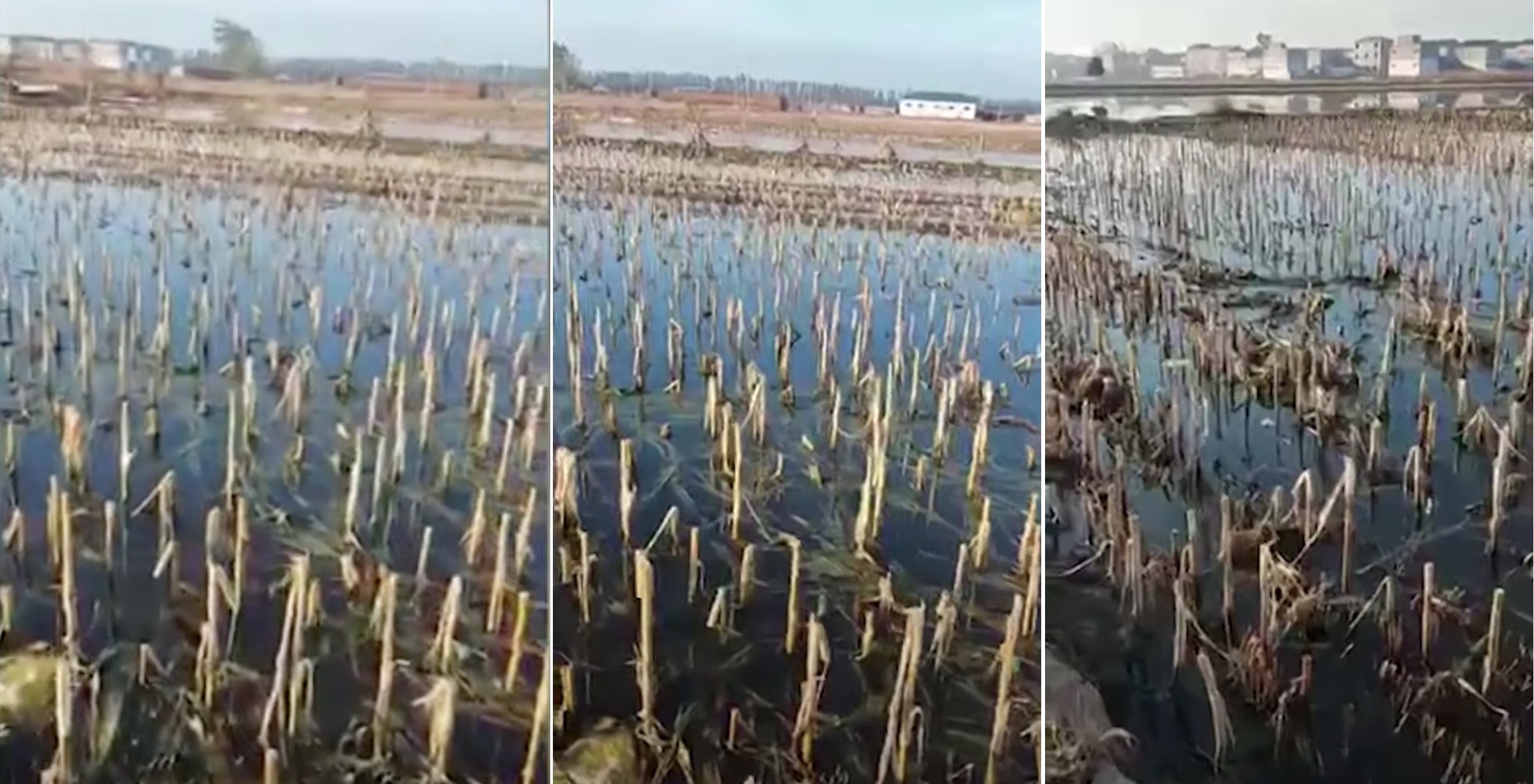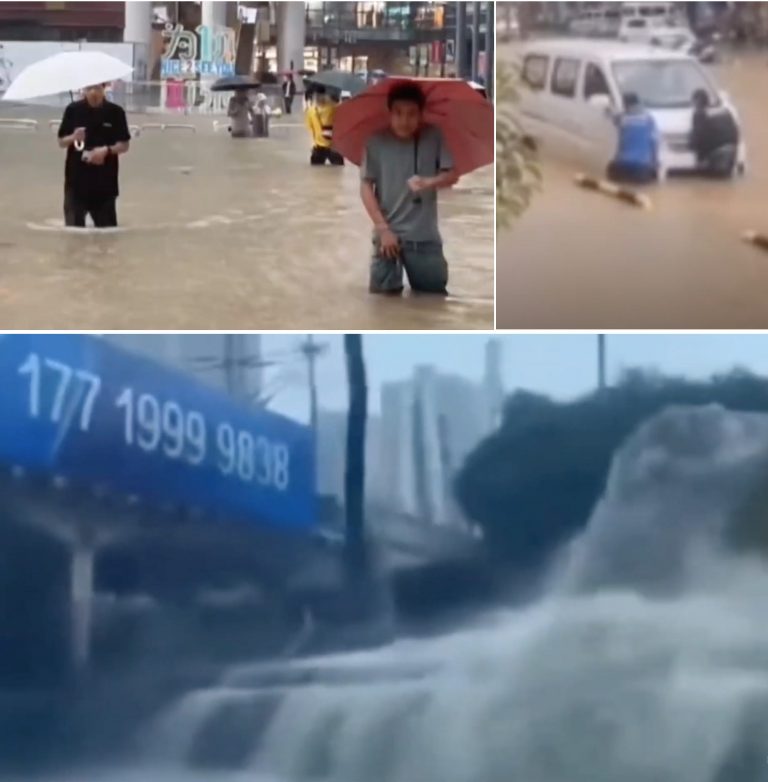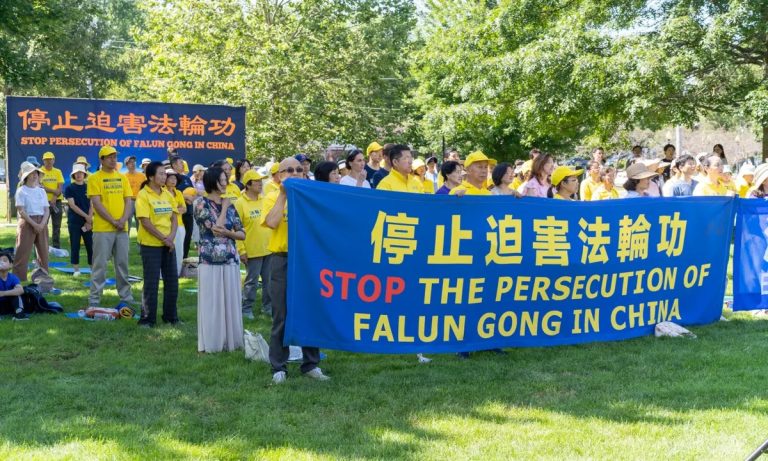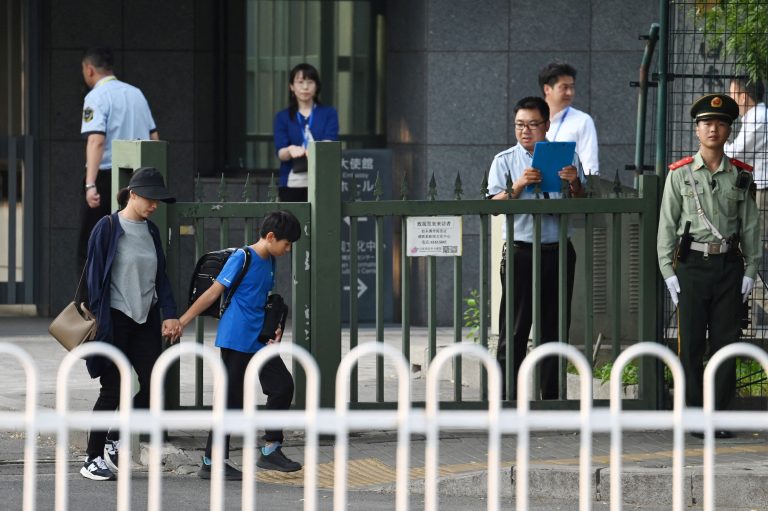Heavy rains hit various parts of central China’s Henan Province on Saturday, Aug. 29, prompting the local capital of Zhengzhou to close tunnels and underpasses.
It’s the latest interruption in the city, with a COVID-19 lockdown lifted on Aug. 28, and massive flooding claiming the lives of thousands in July.
Zhengzhou issued an orange-level rainstorm warning at noon on Saturday, informing the public that precipitation was expected to reach 50mm (about 2 inches) within the next three hours in certain districts.
By 1 p.m., Zhengzhou closed the eastbound tunnel on Hanghai Road, according to Sina Henan news. The runoff caused a waterfall to form at the end of the road, as seen in video shot by locals.
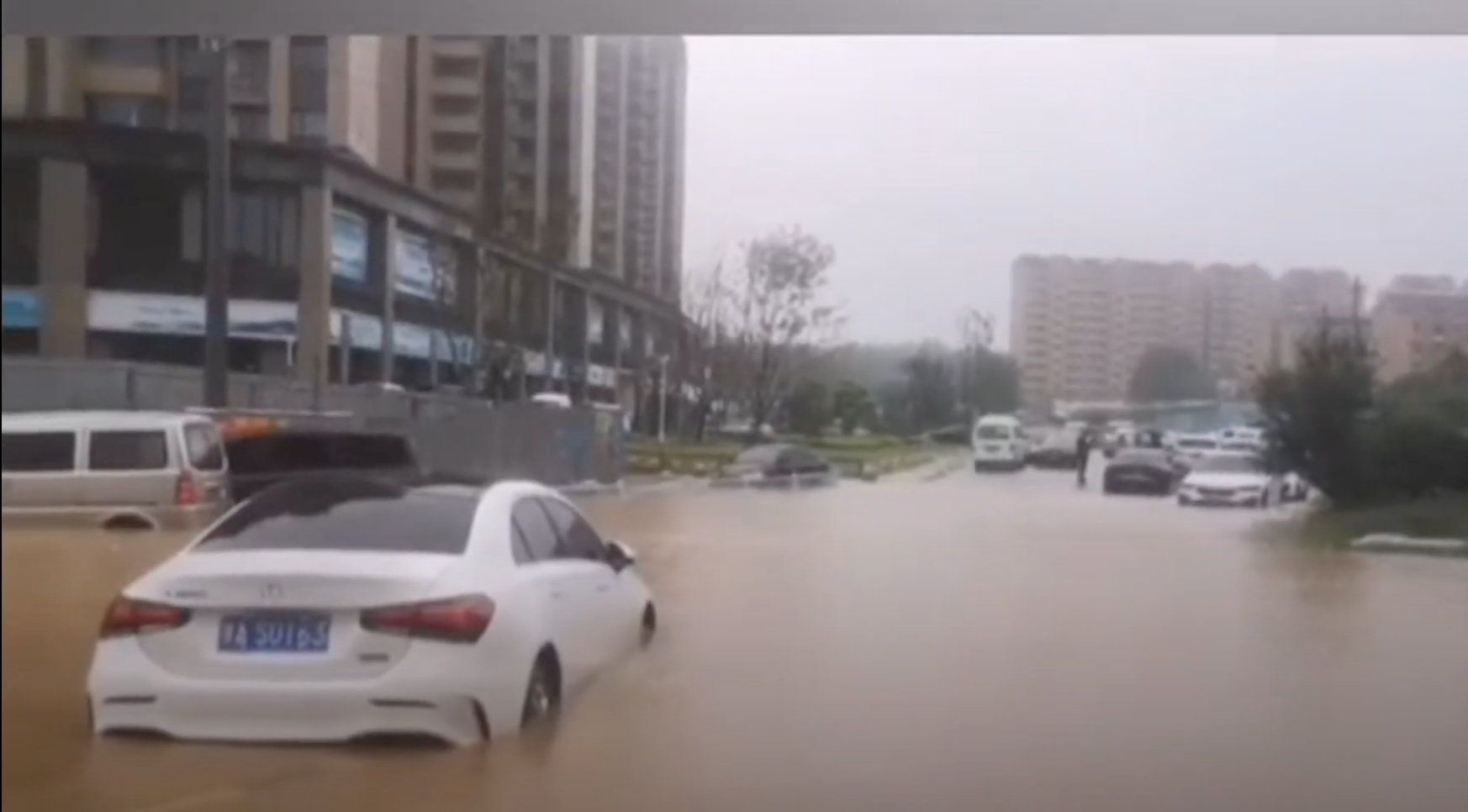
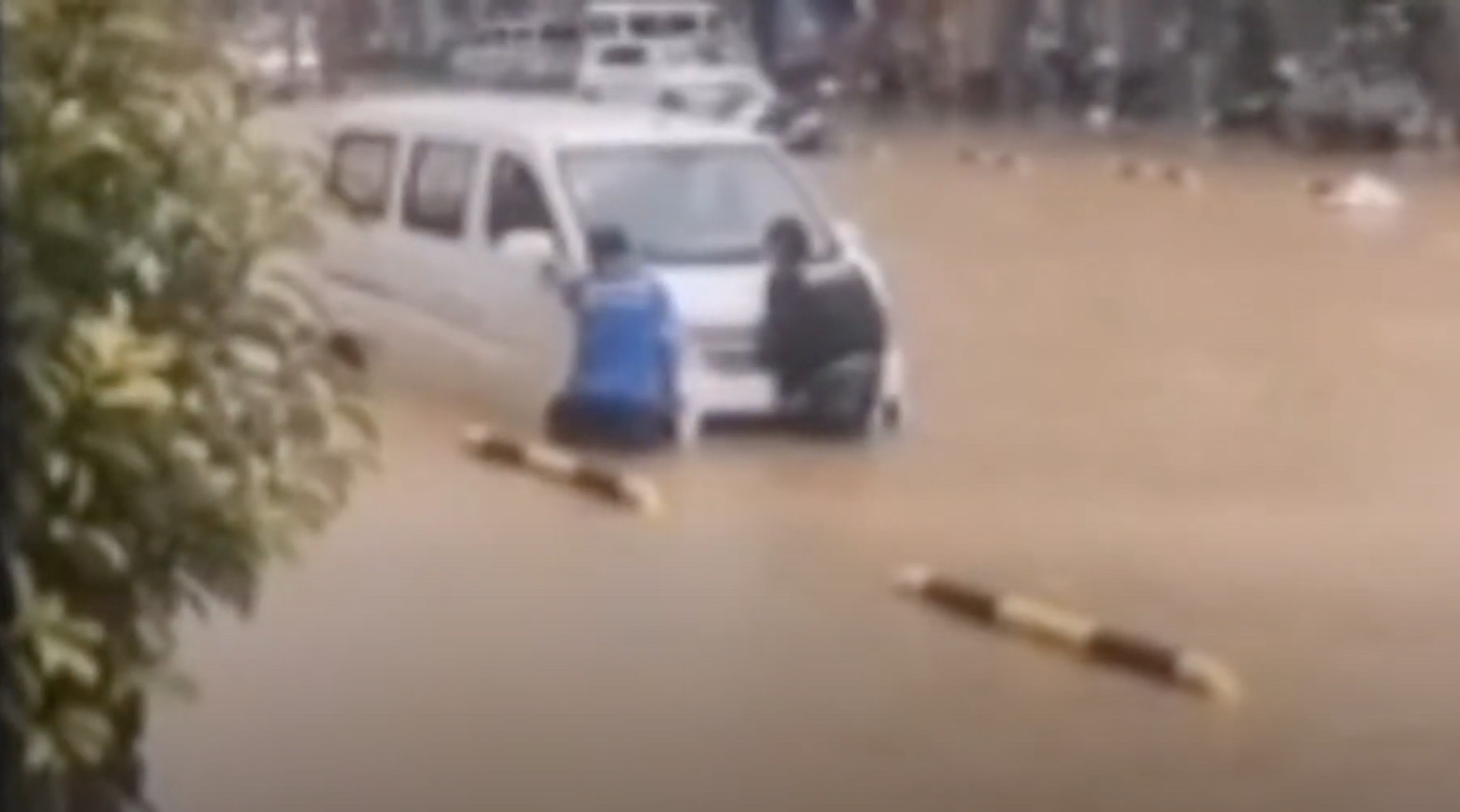
A Zhengzhou woman surnamed Tao told Daijiyuan, the Chinese-language arm of The Epoch Times, that “the rain has continued one day and one night. It is still very heavy, the same as that on July 20.”
Success
You are now signed up for our newsletter
Success
Check your email to complete sign up
July 20 was the day that a combination of torrential rain and overfilling reservoirs around Zhengzhou led to flooded streets, tunnels, and mass transit. Witness accounts and video footage from the city suggests a death toll in the thousands, while the authorities put the number of fatalities in the hundreds.
“In some places the water reached above one’s feet, I heard that it rained in Xinxiang [another city in Henan] for a day and night without stopping,” Tao said on Aug. 29.
A former teacher in Henan who requested anonymity told Vision Times that the disastrous flooding in July was brought on by the government’s ambitious South-North Water Diversion Project, as well as decisions by the local authorities to discharge reservoir water without proper forewarning.
This led to the flooding of part of the subway, as well as as the inundation of the Jingguang North Road Tunnel, at rush hour. Authorities claimed most of the thousands of people in the tunnel escaped, but witnesses at the scenes have said the opposite is true, with only a few commuters making it out of the 4-kilometer-long tunnel.
According to the former teacher, local officials were reluctant to take timely flood prevention measures for fear of shouldering responsibility. She said that the authorities opened the reservoirs at nighttime in hopes of avoiding the need to pay compensation to the victims.
According to Ms. Tao, apart from Zhengzhou city, the rain in other parts of Henan, such as the cities of Shangqiu, Luoyang, and Luoning County, did not stop on Aug. 29.
“I have a friend in Luoning County. She stayed in her company and would not go back home. The horrible memory from the last storm in July remains in her mind. At that time she was helpless in the disaster. That’s probably why she panics whenever it rains.”
According to a man surnamed Chen who lives in Hebi city, “Now there is water everywhere, and the corn stalks in the field are all rotten. The water in some areas is as deep as tens of centimeters. Because there is too much water now, the corn and other crops in the field are rotten, attracting hordes of mosquitoes.”
He told Dajiyuan that he and others were worried about the wheat crop, as it would be impossible to plant anything with the fields inundated in September.
